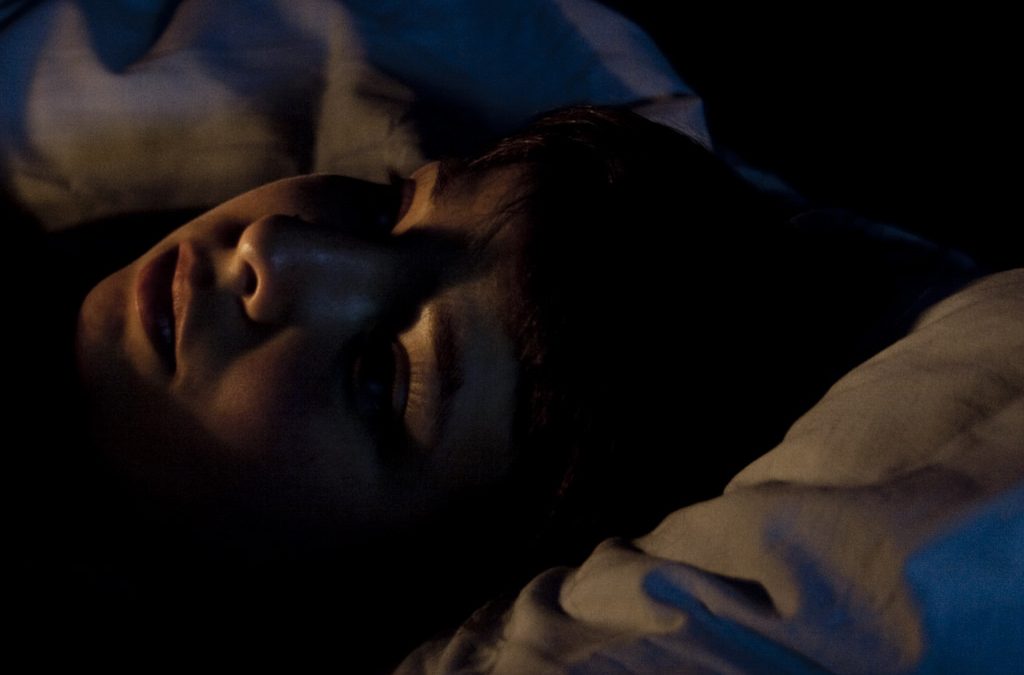How effective is hypnosis for sleep and relaxation? Reasonably effective, it appears!
According to a study conducted by the Universities of Fribourg and Zurich, people with insomnia might greatly benefit from hypnosis for sleep and relaxation sessions. As long as they can respond to hypnosis, everyone can achieve positive results.
 How common is insomnia?
How common is insomnia?
Insomnia is a common sleep condition that comes in three stages: transient, acute, and chronic. In Australia, 4 outof every 10 people do not get enough sleep. At the same time, 30-40% of the adult population in the United States suffers from restlessness or sleep deprivation at some point during the year.
The importance of getting quality sleep:
What is quality sleep?
When it comes to sleep, it’s not all about quantity but quality. Even if you obtain the recommended 7-9 hours of sleep, if the quality of your sleep is poor, you’re likely to suffer from the same side effects as someone who doesn’t get enough hours of sleep.
In a nutshell, the quality of your sleep is determined by how refreshed and relaxed you feel when you wake up; if your sleep does not rejuvenate you physically, mentally, or emotionally, you are not experiencing quality sleep.
To get quality sleep, both your mind and body must be in a state of relaxation, which can easily be achieved through hypnosis for sleep and relaxation.
How lack of quality sleep affects your health and daily life
Sleep, and quality sleep for that matter, is a vital component of a healthy life – without it, most, if not all, organs in the body cannot function efficiently. And this is especially true about the brain.
In fact, according to Medisys research, the brain becomes less efficient or less stable with sleep deprivation, and this condition (sleep deprivation) can eventually cause severe damage to the brain if left unaddressed. This damage happens slowly, and many people don’t realize it until it’s too late to reverse the damage without extensive and complicated treatment processes.
Of course, we all experience temporary insomnia, which may last for a day or two, and there are rarely any severe effects associated with short-term insomnia. However, any case of insomnia or sleep deprivation that lasts for more than two days may have underlying issues, like anxiety or depression, and should not be considered “normal.”
Other than decreased brain efficiency and damage, some of the ways sleep deprivation can affect your health and general well being includes:
- Lowered productivity
- Weight gain
- Depression, stress, anxiety, anger issues, and other emotional issues
- Reduced immunity
- Decreased sex drive
Hypnosis For Sleep And Relaxation – How It Works!
The only way to avoid the effects of sleep deprivation, including brain damage, lowered productivity, and others, is to get quality sleep -period! The only way to cure sleep deprivation is to address the underlying issues – relying on sleeping pills, and other temporary remedies will only worsen things.
The first thing a professional hypnotherapist does to help ease sleeplessness and other forms of insomnia is to unearth the root cause of the issue. In many cases, the root cause or causes are subconscious.
All the same, the causes of insomnia are not always subconscious and usually include:
- Stress and anxiety
- Past trauma
- Inconsistent sleep schedule
- Poor sleep habits, like watching TV, texting, browsing, etc., before sleeping
- Caffeine
- Medications
- Mental disorders
- Underlying illness
Once identified, the root cause is addressed through an individualized treatment program that may combine hypnosis and various therapies, including CBT-I (Cognitive Behavioral Therapy For Insomnia).
Of course, being under hypnosis alone will not cure your insomnia. Yes, you will experience a deep state of relaxation while under this state and may even fall into a deep sleep (if your therapist wants you to), but none of that will address the real issue or issues.
The treatment process that takes place while under hypnosis will help you – and the goal usually is to change or influence any negative thoughts, patterns, and behaviors that may be causing your insomnia.
Obviously, a professional hypnotherapist will refer you to your doctor or any other health expert upon identifying any underlying issue that requires their expertise.
Hypnosis For Sleep And Relaxation – How Many Sessions Are Enough?
Hypnosis for sleep and relaxation sessions may or may not cure your insomnia in a day or two, but you should notice a big difference after the first session, and you may require a few more sessions to recover fully. You may also need a few sessions of home-based therapy, which your hypnotherapist will record and play immediately before you go to sleep.
To learn more about hypnosis and how it can help you with insomnia, or to set an appointment with a professional, fully licensed hypnotherapist, feel free to get in touch.


 How common is insomnia?
How common is insomnia?